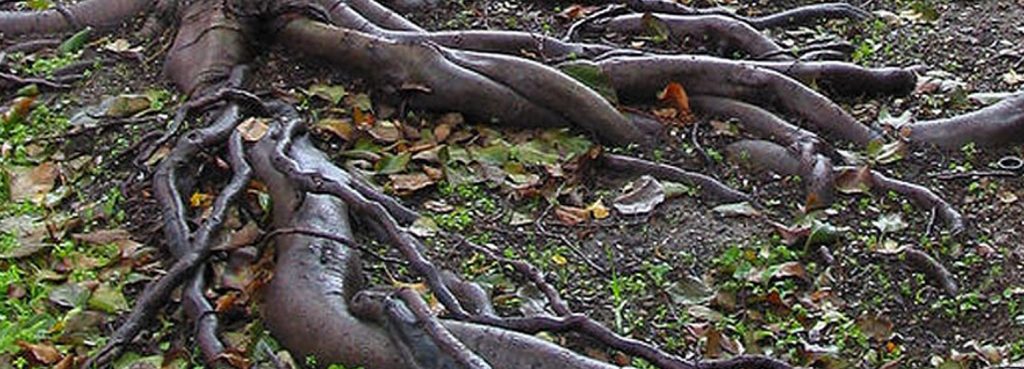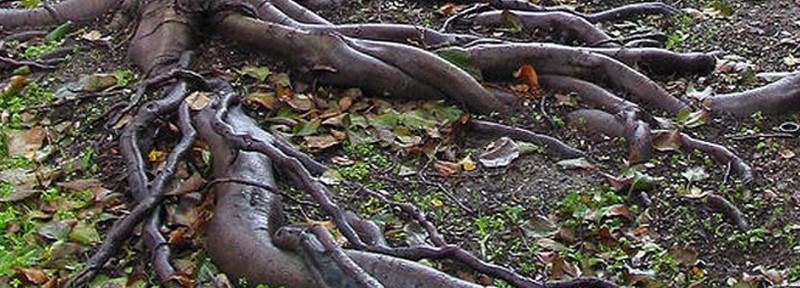
The drain field is the final area for wastewater treatment. It consists of drain field lines that distribute the treated effluent into the surrounding land. It is essential that proper care is given to the drain field because anything that goes wrong with it may result to septic system malfunction or failure. The following should be considered as part of drain field care and maintenance:
1) Clear the area of heavy vehicles or construction projects.
It’s vital that you do not treat your drain field area as a parking space or a construction space for your property. The weight of the vehicles and structures will crush the drain field lines and this will cause a backflow of effluent back into the septic tank and onto your property. This is called soil compaction. You should make sure that you know where the drain field area is in your backyard so that you could avoid using it for heavy-duty purposes.
2) Divert the rain gutter away from the drain field.
When it rains, rainwater and sediments tend to flow into your property through your rain gutters. Make sure that it doesn’t pour out directly onto your drain field lines because this will interrupt the normal flow of effluent. The sediments will block the perforated pipes of the drain field and the additional water will cause the effluent to backflow.
3) Refrain from using harmful chemicals on toilets and drains.
Harsh chemicals destroy the resident bacteria that degrade the solid waste products in your septic tank. Without the useful bacteria, you cannot possibly expect your wastewater to be treated at all. The entire process of treatment will stop and your property and health will be compromised. Once the septic tank’s anaerobic bacteria are affected, the solid wastes will enter the drain field and the drain field will be clogged up. This will lead to an inevitable system failure.
4) Remove the surrounding plants.
Plants are living organisms that need to feed. To do this, their root systems have to find abundant and regular sources of water and nutrients. If they are planted over or near your drain field, then their invasive root systems will definitely cause trouble. Roots are known to be very persistent. They can enter even the thinnest of cracks and gaps just to reach their food source. If they reach the septic tank or the drain field, they will establish their territory by making thick meshes of roots that are virtually impenetrable, blocking the wastewater from being treated normally. When the roots block the drain field pipes, they will cause severe effluent and wastewater backflow and flooding. To remove the invasive roots, you could ask your local septic expert to remove them manually or opt for chemicals used to keep roots away from drain field lines. It is much more economical to use chemical treatments but you have to read their instructions carefully first before you use them.
Drain field lines are important to your septic system. Care for them as much as you care for your septic tank. There is indeed nothing more fulfilling than owning a home that is clean and environmentally sound.
